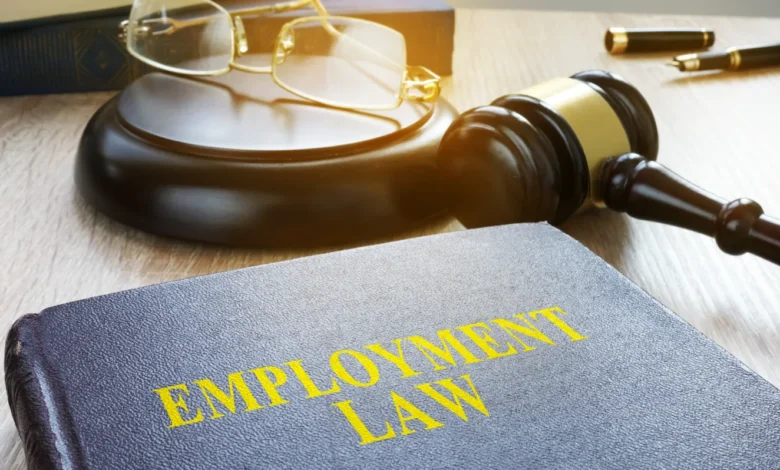The Changing Landscape of Employment Law and What It Means for Employers

Labor laws apply to the relationship between employers and employees to provide standards and curb infringement on employees’ rights. Traditionally, these legislations have not undergone many changes; however, with time, changes in technology, social relations, and even employment models have begun to affect these laws.
This article will explore the broader factors explaining these shifts in employment laws, how work is being altered, and what this will likely portend. You should contact Rockford personal injury lawyer to get the best help.
Changes in Employment Laws
New important rules are coming: zero-hour contracts will be abolished, and workers will have predetermined hours. Sick pay will now cover the first day of sickness and extend to lower-paid workers. Additionally, employees will enjoy rights from day one, including flexible working options and enhanced leave protections for parents.
Creating a new system would also enhance workplace rights protection and make trade union activities more open. A group would also collectively bargain employees’ wages and other conditions of service for school support staff.
How Work is Changing
- Flexible Work Options:
The traditional 9-to-5 office work model is shifting. Many employees now prefer flexible hours, remote work, or shifts, benefiting parents, students, and those with other income sources. Laws are being updated to ensure these non-conventional workers receive equal rights and privileges. However, challenges have emerged, especially with the rising number of freelancers in India with specific rights.
- Digital Transformation:
Technology is everywhere. Many businesses operate primarily in the digital realm, so there is a demand for new legislation for data protection, internet security, and employee standards. Work has also become less stable or standardized. Many traditional jobs are being digitized, with delivery jobs, for instance, being replaced by online deliveries and customer services.
- Social and Economic Expectations
Today, people want more than just a paycheck. They want support for well-being, mental health, and work-life balance. They want fair treatment at work. Companies must care about their employees’ overall health and act responsibly towards the environment. Laws are being updated to reflect these values. To help reduce the gap between rich and poor, governments are also setting rules to make fairer pay.
What These Changes Mean for the Future
- Inclusive Workplaces: New employment laws focus on giving everyone equal chances. This means stronger protections against discrimination and fair pay for all workers. These changes will make workplaces more diverse, with people from different backgrounds. With diversity, companies can become more creative and successful.
- Flexible Work Environments: Since the COVID-19 pandemic, remote work has become normal. Employment laws will continue to support this flexibility, which will help workers balance their jobs and personal lives. In the future, companies may better understand and respect employee needs, which could make people happier, reduce burnout, and improve job satisfaction.
- Adapting to Technology: As AI and automation grow, new laws will address ethical concerns, privacy, and job security. These laws will likely support training to help workers keep up with tech changes. Data privacy will also be important, and companies will have stricter rules to keep employee information safe.
Conclusion
Employment laws are changing to match the modern world. As technology grows and work becomes more flexible, these laws will help create fairer and more inclusive workplaces. They will protect workers’ rights in new ways, responding to societal and economic changes. These updates are building a future where companies and employees can succeed together.


